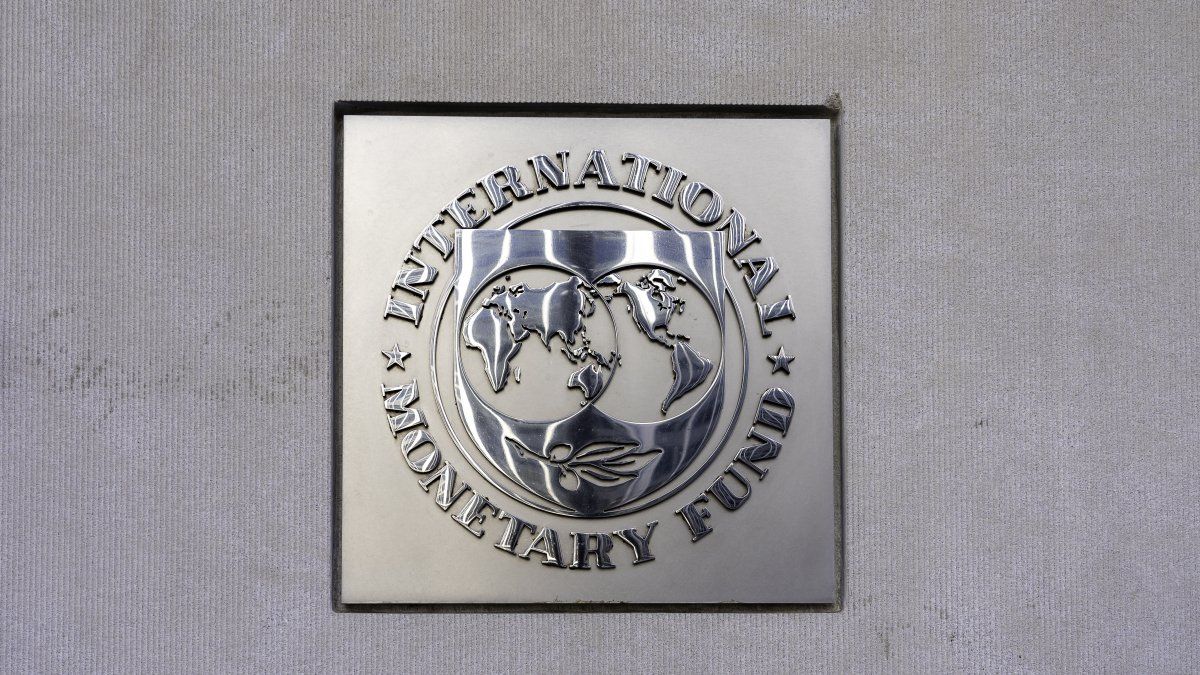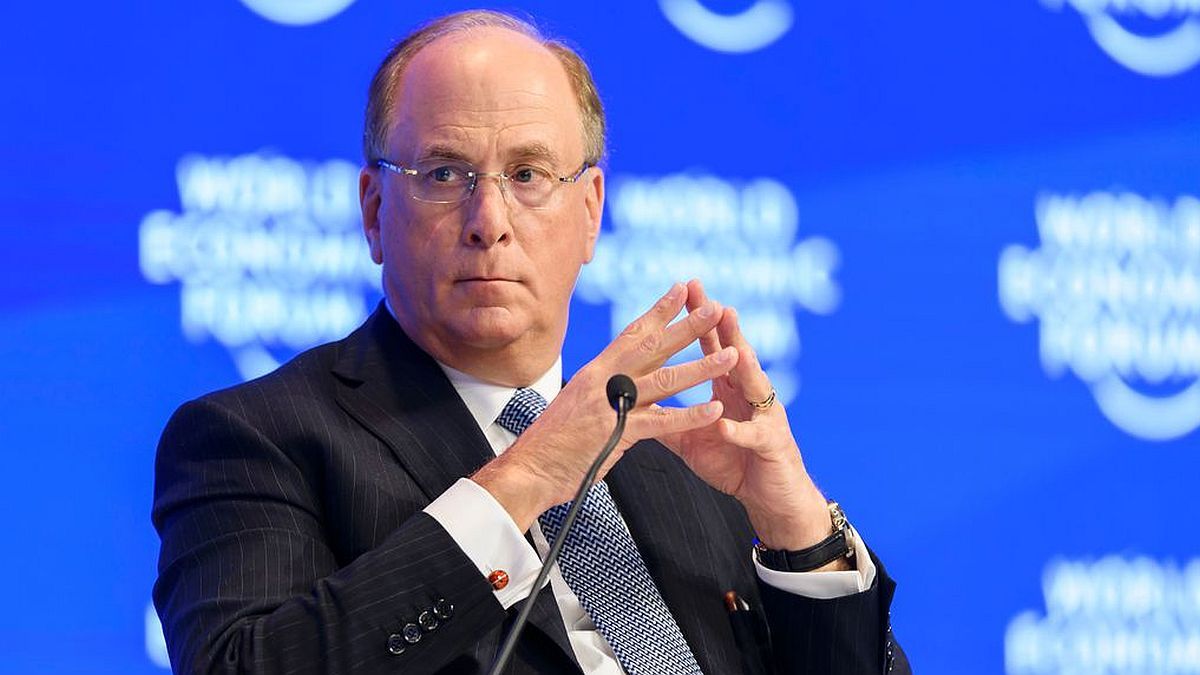The International Monetary Fund (IMF) welcomed the approval of the Bases law and the fiscal package. This is what he stressed Julie Kozack, Communications Director of the organization, in her usual press conference that took place this Thursday in Washington. She also announced that the IMF is studying the surcharges charged to various over-indebted countriesas is the case in Argentina.
Upon consultation Ambit, The spokesperson said that “since the approval of the eighth review (of the Argentine program) on July 13, We have had some very positive developments in Argentina.”
In this regard, he stressed that “Congress approved critical fiscal and structural measures aimed at improving the quality and durability of fiscal consolidation and supporting recovery and investment in the future.”
In particular, he indicated “the reform of the personal income tax (Ganancias), which incorporates more formal sector workers with higher incomes into the tax, thus supporting income in Argentina and also improving the distribution of the burden of fiscal consolidation.”
He added that “the structural legislation approved will also help create a more market-based economy and address many of the obstacles to Argentina’s growth.”
More generally, Kozack considered that “The passage of this critical legislation also demonstrates the administration’s willingness and ability to find political compromise in implementing reforms. And this is also consistent with more recent efforts to build consensus with a broad set of stakeholders on key public policy principles and objectives.”
Fiscal policy goals
The spokesperson praised the progress of the program by pointing out that Preliminary data suggest that fiscal and reserve accumulation objectives are being met. High-frequency data indicate reductions in inflation and some stabilization of economic activity and demand. “All of this says, and as we have said many times before, continued efforts are needed to continue stability, to ensure economic recovery and our team is actively engaged with the authorities to this point,” he said.
Kozack also downplayed the recent tensions in the foreign exchange market. He said that “It is inevitable that countries that implement these types of stabilization programs will have periods of volatility, and that is just inevitable. But the key here, for policymakers, looking at this volatility, is to remain agile with policies and evolve to continue to address the macroeconomic imbalances that exist. And this is exactly what the Argentine authorities are doing.”
Asked about the president’s criticism Javier Milei to the director of the Western Hemisphere, Rodrigo Valdés, Kozack said, “It is important to note that the CEO has full confidence in Rodrigo Valdés and his entire senior leadership team. And as previously stated, our engagement with the Argentine authorities remains active and constructive.”
Finally, when asked about the future of the negotiations, she pointed out that in terms of exchanges with Argentina, we currently remain within the context of the extended facilities agreement in force. She added that “as we already mentioned, Our exchange remains frequent and constructive. Staff will engage in discussions on a potential new agreement, as we would with any IMF member.once the authorities formally request it. And at this moment There is no specific timetable for these discussions.”
IMF support for monetary program
“The IMF welcomed it (the monetary program) and endorsed it within 48 hours,” The Minister of Economy stated, Luis “Toto” Caputo this Thursday in statements to Radio Mitre. “It must be a record in the history of the Fund that the Fund approves a monetary program in 48 hours,” and added that “he must not be even close to having done anything similar.”
In this way, the head of the Treasury Department took care to deny that there were any problems with the multilateral organization. “The relationship is very good,” he emphasized.
Regarding the possibility of a new agreement for September, Caputo refused to set dates while stating that “We are just starting to talk about the new agreement,” he ruled out that this could be reached by September since “generally agreements take a little longer.”
However, he stated that “sure for this year” There will be a new agreement with the Fund.
The minister admitted that a new IMF loan is being considered, but refused to give details regarding the amount, saying “We are not there yet, because it depends on the structure of the program. So no, we are not there yet.” Caputo concluded.
The IMF is giving broad support to the Argentine program, but at the same time has been suggesting that the quality of the fiscal adjustment must be improved to guarantee its “durability and equity and the protection of the most vulnerable,” as well as deepening macroeconomic reforms to promote investment and formal employment.
In this regard, the Fund considers “It is essential to work to broaden political support for macroeconomic stabilization and reform.”
Source: Ambito




